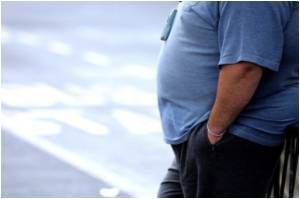
They found that the risk of complications in the first 12 months after THA increased by seven per cent for each unit increase in body mass index (BMI), after adjusting for age and sex, with morbidly obese patients having an almost six fold higher complication rate than non-obese patients.
Prof Choong said that despite the significant reduction in pain and improvement in function reported in obese and morbidly obese patients, the study found that clinically significant weight loss in these patients after THA was uncommon.
At 12-month follow-up, only nine per cent of obese or morbidly obese patients had lost five per cent or more of their preoperative weight, and 25 per cent had in fact gained five per cent or more of their preoperative weight.
“Functional ability is only one of a number of factors that affect a person’s willingness to participate in physical activity (and thus aid weight loss) after surgery,” Prof Choong said.
“Several variables not recorded in our study have been found to be associated with motivation to participate in physical activity, including cost, accessibility, knowledge, cultural influences, socio-economic status and self-efficacy.”
Advertisement
“Before consenting to surgery, obese patients should be counseled about the high risk of adverse events,” he said.
Advertisement
The Medical Journal of Australia is a publication of the Australian Medical Association.
Source-MJA










